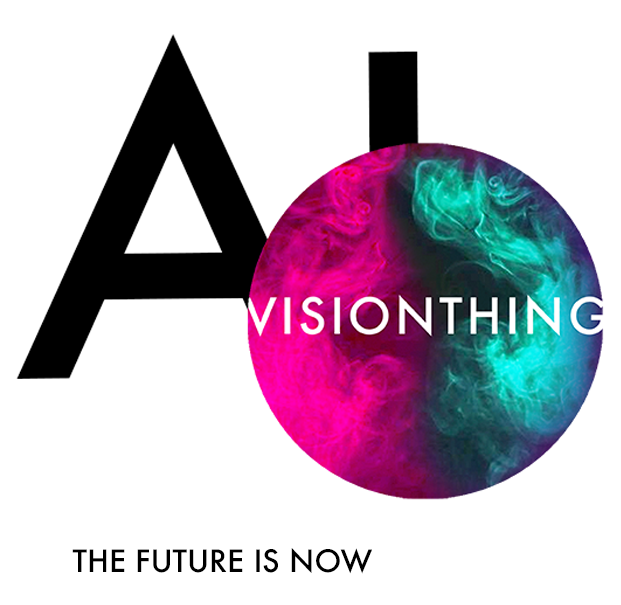Legal Foundations for Your Organization in the Age of Artificial Intelligence – Humanity Comes First
In today’s era, artificial intelligence (AI) has become an integral part of our lives. It influences and shapes a variety of areas and offers numerous opportunities to improve our world. However, when using AI-based technologies and services, legal aspects must also be considered to ensure that their application complies with applicable laws and regulations. In the „Legal“ section, we aim to inform you about current legal foundations that should be observed in the context of using AI in the Federal Republic of Germany.
Data Protection and Privacy
The protection of personal data is a central concern and is regulated by laws such as the General Data Protection Regulation (GDPR). If your website uses AI algorithms to collect, process, or analyze personal data, you must ensure that you obtain user consent and provide transparent information about how data is handled. This includes details about data collection, processing, storage, and the option for users to revoke their consent.
Liability and Responsibility
The use of AI can lead to decisions with legal consequences. It is important that your website clearly explains how AI algorithms function and how they make decisions (e.g., credit scoring). You should emphasize that the responsibility for the information and recommendations provided ultimately lies with the user. Additionally, potential risks and liability issues related to AI should be addressed.
Copyright and Intellectual Property
If your website creates or generates content that falls under copyright, you should ensure that you have the necessary rights to use and publish that content. Make sure that AI-generated content does not infringe on the rights of third parties, and clarify whether the content created by AI is protected by copyright or not.
Discrimination and Fairness
AI algorithms can amplify unconscious biases if not properly trained and monitored. Ensure that your AI systems operate fairly and free from discrimination. Be aware that discriminatory practices or reinforcement of biases can have legal consequences.
Accuracy
Content generated by AI can be inaccurate. It must always be checked for correctness and truthfulness. There are already AI-based solutions for this, but even they require human verification.
Transparency and Explainability
Users should be able to understand how your AI systems work and what data they use. Provide clear explanations of how your AI algorithms function and identify the data sources used to build trust and transparency. Humanity comes first.
The above points are only an overview and should not serve as a substitute for legal advice. To ensure that your organization complies with current legal requirements, it is advisable to stay informed about changes in the law and seek legal advice as needed. In the „Legal Foundations“ section, you will also find links to current laws and guidelines for further information and to ensure that your website operates in accordance with applicable legal provisions.
Disclaimer
The content presented here does not constitute our advice or recommendation. For binding advice, please feel free to contact us as part of an engagement:
